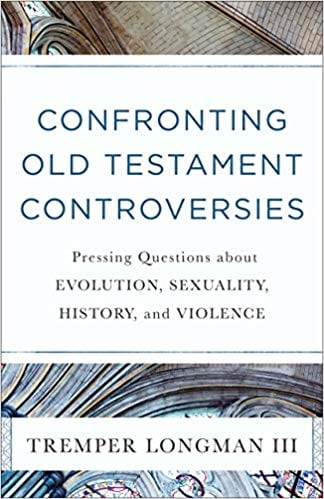Q. A rather consistent strategy you use in the Exodus/ Conquest chapter and elsewhere is to argue that there is a historical kernel to this or that story which then has gone through a process of elaboration, sometimes involving hyperbole, like various of the ANE conquest narratives which involve lots of bragging and hyperbole (.e.g. ‘we wiped them utterly out of the land’ etc). How is the average lay person supposed to figure out what is the kernel and what the embellishment? I do not ask whether there is elaboration, because I think that is really beyond dispute, but the problem is it offends our modern notions of the need for historical precision. How would you help lay people better understand the literary character of such materials in the OT?
A. Good question. I think that we have to carefully and pastorally educate lay people of the nature of biblical narrative and history-writing. I don’t think it is possible or necessary to always distinguish kernel from embellishment, but one way to demonstrate it is by pointing out what are otherwise contradictions say between Joshua 1-12 and Judges 1. I think we also tell laypeople that Bible reading may not be as easy as picking it up and reading it as if it was written last week. We can only get the big message of the Bible that way.












